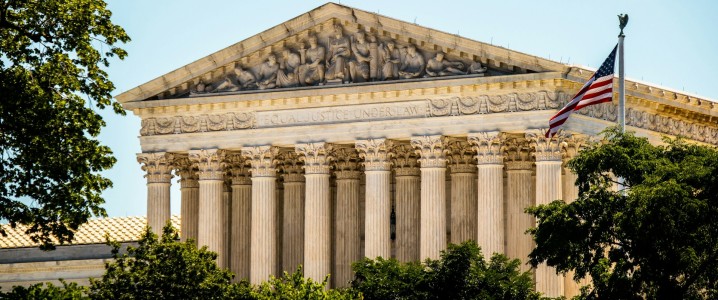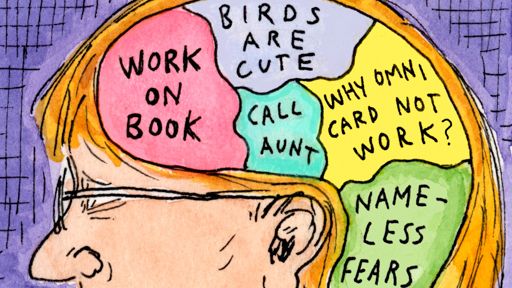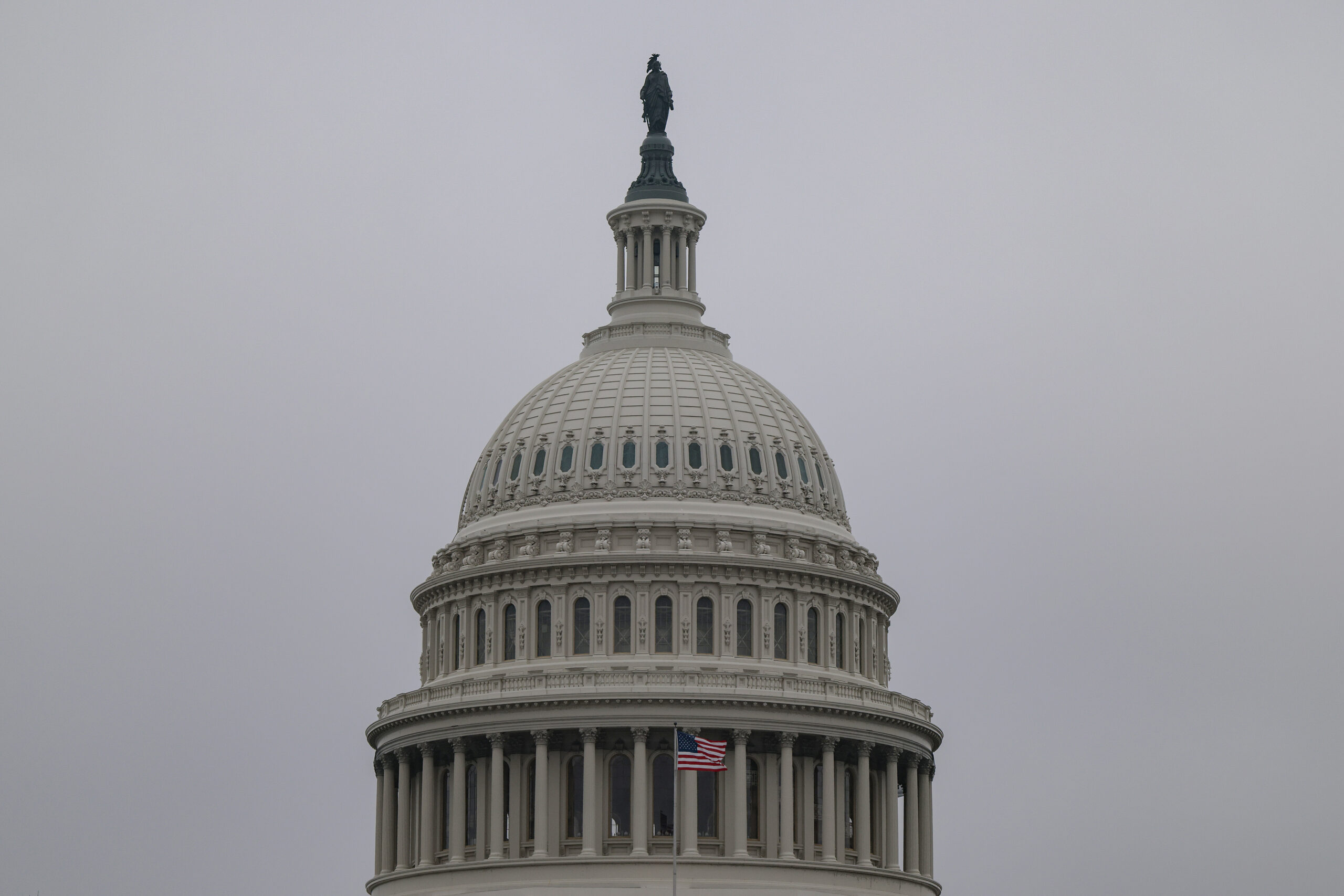A federal judge in Nevada has ruled that Sigal Chattah, appointed by President Donald Trump, was never serving legally as U.S. attorney. Despite the judge’s refusal to dismiss existing indictments, Chattah’s disqualification underlines ongoing tensions over interim federal appointments.
Judge rules yet another Trump-appointed federal prosecutor was unlawfully installed
Key Takeaways:
- A Nevada judge ruled Sigal Chattah’s appointment as U.S. attorney was invalid.
- Interim U.S. attorneys can only serve 120 days unless renewed by district judges.
- Attorney General Pam Bondi attempted a reappointment maneuver that courts found unlawful.
- Senior U.S. District Judge David Campbell upheld restrictions under the Federal Vacancies Reform Act.
- Although indictments stand, Chattah cannot oversee them.
Background
A federal judge has determined that Sigal Chattah, appointed by President Donald Trump as an interim U.S. attorney in Nevada, was not legally serving in that role. Chattah, an Israeli-born lawyer who previously ran for Nevada attorney general, was unable to secure permanent confirmation due to a lack of support from the state’s Democratic senators.
The 120-Day Limit
Under current rules, interim U.S. attorneys can only serve for 120 days. After that period expires, a more formal process is required, including potential action by the court or Senate confirmation. In this case, federal judges in Nevada declined to extend Chattah’s tenure.
The Maneuver to Reappoint
To bypass the 120-day limit, Attorney General Pam Bondi had Chattah resign from her interim role, then placed her in the “first assistant” position. According to the 1998 Federal Vacancies Reform Act, the first assistant can automatically assume the top job in an acting capacity. Essentially, the move reseated Chattah in a position she had just vacated.
Judge Campbell’s Ruling
Senior U.S. District Judge David Campbell blocked this strategy, stating that it undermines the very limits Congress intended. “In response to the Executive Branch’s repeated disregard of previous vacancy statutes, Congress took matters into its own hands,” Campbell wrote. He concluded that the Federal Vacancies Reform Act was specifically designed to prevent such end-runs around the 120-day limit.
Impact on Nevada Cases
While the judge declined to dismiss the four felony indictments that had been filed under Chattah’s watch, he made it clear she could not continue overseeing any cases. This decision leaves the indictments intact but strips Chattah of the authority to act as U.S. attorney in these proceedings.
Parallel in New Jersey
A similar maneuver was attempted in New Jersey, where Alina Habba, another Trump interim U.S. attorney, was kept in place after her 120-day term ended. There, too, a federal court determined that her positioning was unlawful, reinforcing that such reappointment strategies contravene statute limits.
Broader Implications
These recent rulings highlight the challenges of balancing executive branch discretion with adherence to Senate and judicial oversight. By reaffirming the boundaries of the Federal Vacancies Reform Act, courts are underscoring that any appointment beyond the 120-day window must comply strictly with existing legal procedures.











